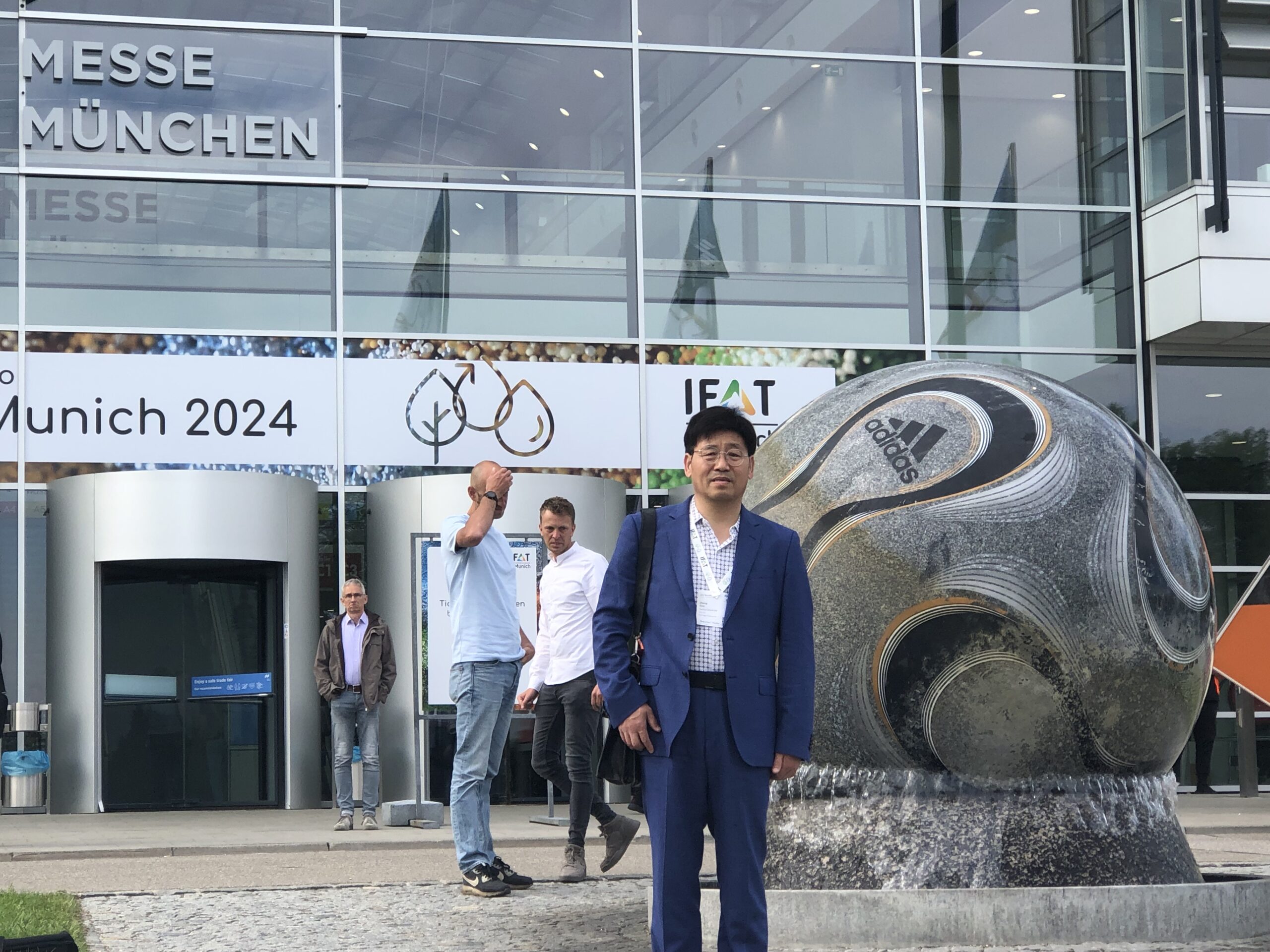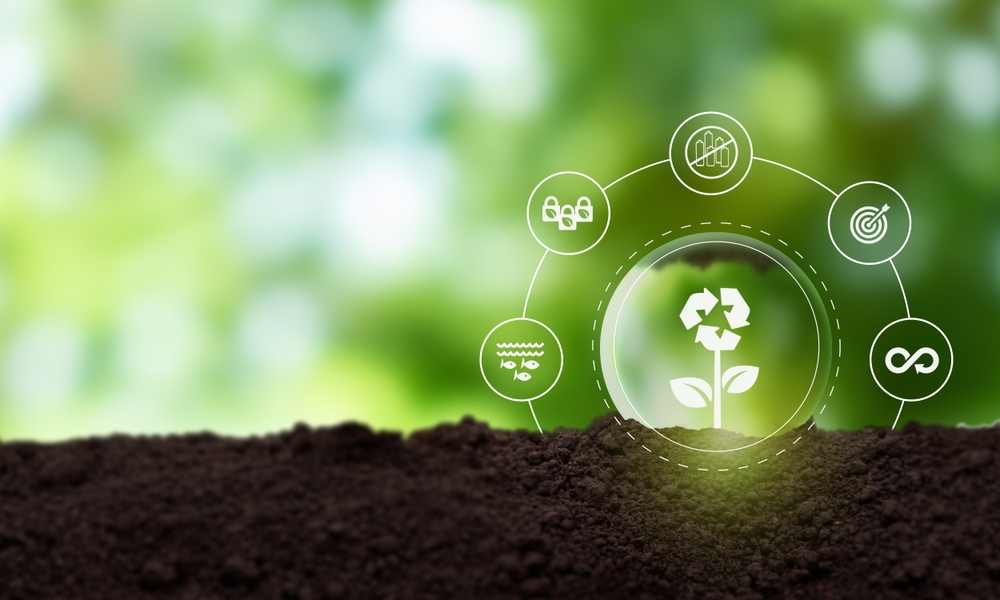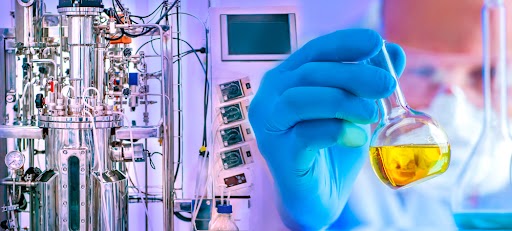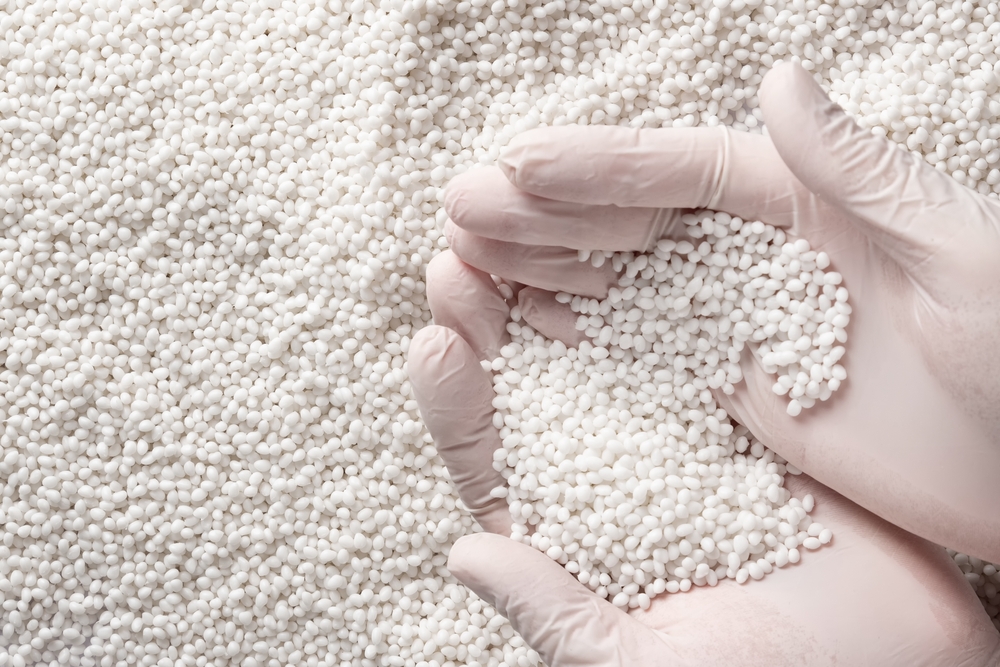
ACTPAC at IFAT Munich 2024: From exploring the plastic recycling industry to unveiling the exploitation potential of ACTPAC results
IFAT Munich 2024, the world’s leading trade fair for water, sewage, waste, and raw materials management, concluded with remarkable achievements. Approximately 142,000 visitors from nearly 170 countries and regions attended the event, marking a significant milestone in the fair’s history. Notably, the share of international visitors exceeded 50%, reaching a record high. Moreover, the number of international exhibitors also set a new benchmark, with 55% of the 3,211 exhibitors joining from abroad. This international representation showcased the global significance of the trade fair, with companies from a total of 61 countries and regions participating. Spanning an expansive 300,000 square meters, IFAT Munich 2024 emerged as the largest IFAT fair to date, providing a comprehensive platform for the latest innovations and solutions in environmental technology and sustainability [1].

The major players in environment-related device manufacturing and technology development who exhibited their solutions at the IFAT Munich 2024 originated from Western Europe, Eastern Asia, Australia, Turkey and Northern America. Germany as the host, accounted for almost half of the total exhibitors. Only few of the exhibitors were from Africa and South America. This might be due to their economic activity, development matureness as well as sensitivity and concerns for environmental topics.
In his capacity as the coordinator of the EU ACTPAC project, Prof. Dr. Zheng Guo participated in IFAT as a visitor, aiming to gain valuable insights into the current technological landscape and innovative developments in the environmental field. The visit also provided key insights into current challenges and opportunities in relation to the state-of-the-art management of plastics. Such insight will be invaluable for the ACTPAC project to identify the best exploitation strategy over the next three years and beyond the project duration. Thus, Prof. Dr. Zheng Guo used the opportunity and delivered our ACTPAC project leaflets to stakeholders from the plastic waste processing market. The ultimate goal was to raise awareness about the ACTPAC project and its endeavour to develop a cutting-edge technology for upscaling C-C backboned plastic wastes among the stakeholders present at IFAT Munich 2024.
Based on his visit to IFAT Munich 2024, Prof. Dr. Zheng Guo was able to gather the following key insights for the ACTPAC project:

Recycling NOT upcycling:
Among more than 3200 exhibitors 73 were plastic companies, which are directly dealing with the recovery and recycling of plastic wastes by providing processing technology or machines. The technologies and processes of 195 of the exhibitors were used either directly or indirectly for the screening, recovery, separation, cleaning or recycling of material waste, polymers or plastic waste.
The geographical distribution of entrepreneurs in two types of plastic-related businesses follows a similar pattern, with most businesses primarily located in Europe and Turkey. A closer examination of their core activities reveals that 1) Most processing machines for plastic waste applications focus on screening, sorting and mechanical recycling. 2) Some processes involve cleaning plastic waste through solvating and solvent-recovery. 3) Almost no exhibitors demonstrate or conceptually illustrate the upcycling of plastic waste into value-added products, chemicals or materials. This highlights a significant technology gap that needs to be addressed.

Start-ups: More consultants less products:
The areas of focus, including processing technology, new prototypes, new models and ideas, should reflect the future trends in environmental technology development for wastewater treatment and waste material recovery and recycling. Among the 62 exhibitors (Figure 4, heavily located in Europe) there is a diverse range of specializations, from combined conventional/biological wastewater treatment and sensor technology for pollution monitoring, to AI-based simulations, and the biological production of materials from algae. Some exhibitors originated from completed projects or university spinouts. However, most of the technologies are still at an early stage, limited to computer models or smaller lab samples. Few, if any exhibitors provided free samples for customer testing, focusing instead on consultancy services.

Conclusion:
A clear observation from IFAT Munich 2024 is that the ACTPAC project, which aims to develop “A Complete Transformation PAth for C-C backboned plastic wastes to high-value Chemicals and materials”, is at the forefront of research and development. ACTPAC’s approach will represent the future of reclaiming the value chain of plastic wastes. The current state-of-the-art technology for plastic waste disposal still focuses on screening, sorting, cleaning, and mechanic recycling, with no significant advancements since the submission of the ACTPAC project proposal. No related or similar technology exists that we could directly mimic or benefit from.
However, some valuable lessons and inspirations can be drawn from this Trade Fair: 1) Good illustrations of the ACTPAC project concept will be key to maximizing the benefits the project can gain from conferences and news releases; 2) Chemical samples for customer testing should be in the kilo range rather than just in the gram range; 3) If providing a mini-prototype of the processing line for demonstration is not feasible an alternative would be to show a simulation of the entire process.
Author: Zheng Guo
Links:
References:
[1] ‘Record IFAT Munich: The world’s leading trade fair for environmental technologies reflects global growth in the industry’, IFAT Munich. Available: https://ifat.de/en/trade-fair/press/press-releases/detail/the-worlds-leading-trade-fair-for-environmental-technologies.html. [Accessed: Aug. 02, 2024]
Keyword:
sustainability, environment, plastic waste, plastic waste recycling, upcycling, IFAT 2024 Munich, Environmental technology


